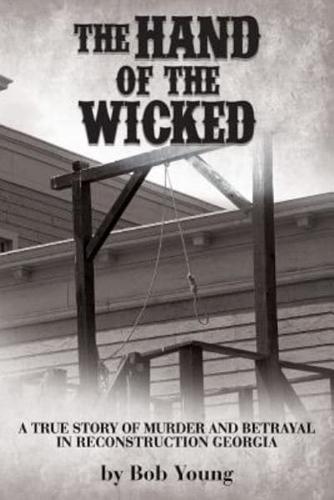Publisher's Synopsis
In the chaos of Southern reconstruction following the Civil War, peacekeeping was put into the hands of occupying Union forces. For freedmen and women, the soldiers were their protection and enforced a new order of race relations. However, for the newly freed slaves, liberty came at a high price.In rural Taliaferro County in east central Georgia on the plantation of Reverend Tom West, the war never ended. The former slaves, now free citizens, continued to feel the abusive sting of overseer John Brown's whip.On a hot July day in 1865, a crippled, middle aged freedwoman, Nellie West, walked away from the farm and her family to alert the Union troops in nearby Washington. Pursued by Brown and a companion, Christopher Reese, Nellie was gunned down along the railroad tracks about nine miles from her destination.The two killers were found guilty by a military commission and sentenced to be hanged. But final judgements were far from final in an environment that valued patronage over justice. Hundreds of citizens, led by Alexander H. Stephens of Crawfordville, appealed to President Andrew Johnson to spare the men.The account of Nellie West's murder, followed by a series of surprising and shocking events, leaves no doubt that a government charged with protecting its citizens can be easily persuaded to turn a blind eye.








